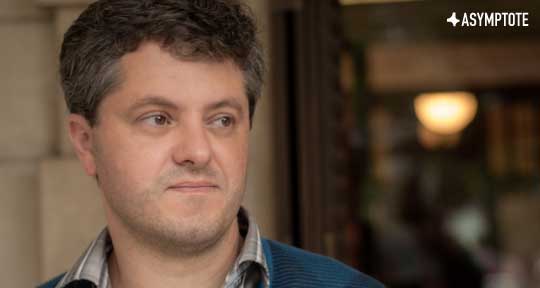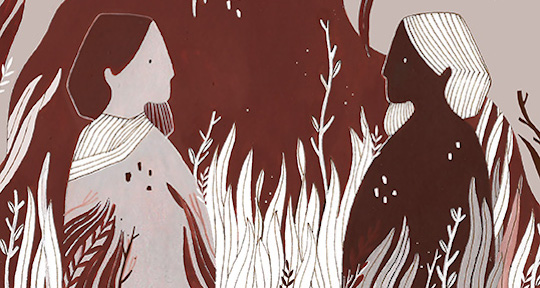Featured in our Summer 2018 issue, Brazilian writer Ricardo Lísias’s “Anna O.” examines Latin American politics and memories of dictatorships in the region. In her translator’s note, Lara Norgaard discusses the way Lísias blends truth and fiction to create a unique reading experience: “Lísias’s many references are a key component of the unique relationship he builds between text and reader. The author’s goal is to cause confusion in his audience, to break the boundaries of the book as a discrete object, separate from the world. Nonfiction pours into his fiction and, conversely, the reader reacts to his stories in the real world. In ‘Anna O.,’ Lísias plays with the expectations and knowledge of his audience.” In the following essay, Norgaard further explores this exciting young author’s work.
Ricardo Lísias should be on everyone’s radar.
In Brazil, he already is, and in unconventional ways: two of the writer’s novels over the past four years have landed the writer in court trials. The first, a detective fiction eBook series; the other, a novel signed “pseudonym: Eduardo Cunha,” the name of a prominent right-wing senator currently in prison for corruption charges.
Lísias has the uncanny ability of ruffling feathers in a country where literature too often falls by the wayside. These trials—the former, a charge for the falsification of state documents; the latter, for the defamation of character—might indicate a lack of understanding or urge to control experimental art, both within the justice system and in the general public. But they might also imply that this specific author has managed to escape the bubble of traditional literary readership. His work is controversial, in a broad sense. And yet, despite his dramatic reputation in Brazil, and despite having been named one of Granta’s best young Brazilian novelists, only two of Lísias’ texts have appeared in English translation: the short stories “Evo Morales,” published in Granta and “Anna O.”, just released in Asymptote’s Summer 2018 issue.


